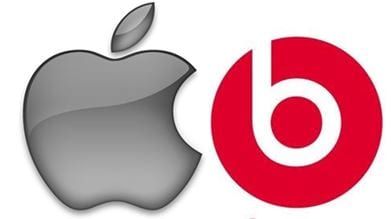Apple Inc. (NASDAQ:AAPL)’s new flagship service Apple Music is set to be launched this Tuesday on June 30. However, as the launch nears, gossips and rumors surrounding the service have already crowded the cyber world. The most talked about issue is how Apple Inc. (NASDAQ:AAPL) will pay to the label companies and artists for their songs that would play in the 90 day free trial period of Apple Music.
The Small Record Companies and the Big Problem
Adding much to the hype for Apple Music, was the anticipation of payment from the smaller label companies who perceived Apple Inc. (NASDAQ:AAPL) as a source of potential income. Over the last two weeks, talks were held with company executives over the rights of songs. After much discussion, these companies agreed to the terms laid down by the tech giant. The Beggars Group was happy with the discussions finally reaching agreement.
The company also made a similar deal with Merlin group. As a result, Apple Music will have thousands of songs ready to be streamed over the next year. These indie deals are clearly a good source of music as these companies hold thousands of songs. The company declined comment about the details of deal.
It is estimated that the company will be paying anywhere between 0.2 cents to 0.47 cents to artists and music companies for each song played during the 90 days trial period of Apple Music. This will not include a small fee paid for music rights. The pricing is still in flux and nothing definitive has been said by publishing companies.
The Taylor Swift Way
Interestingly, this change is supposedly influenced by Taylor Swift who made a fuss about Apple Inc. (NASDAQ:AAPL) policy over her blog. She went on saying that these agreements will not be beneficial for music artists. The company then revised its agreements, followed by support from indie labels.
It will be interesting to see how this music service succeeds as it is charged $10 per individual per month in the US, with subscription charges changing with each country.
Sources: macrumors.com









